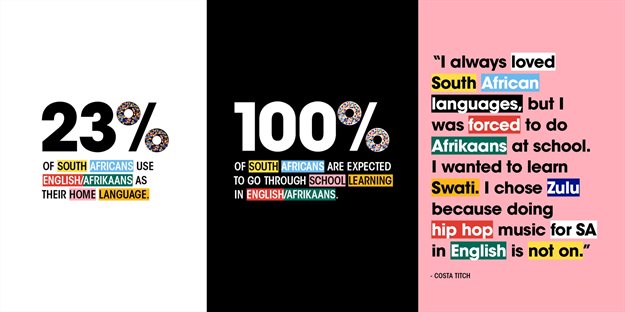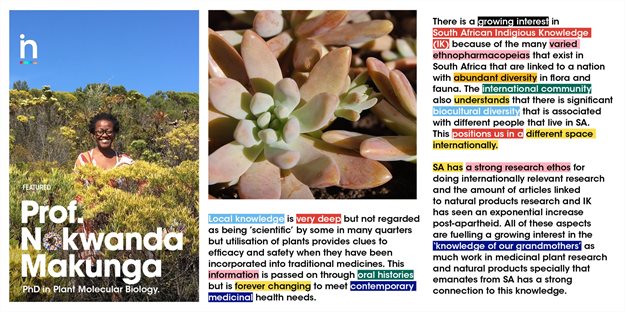Decolonisation is about forming new ways of thinking that relate to everyone. This allows us to hold many different viewpoints from different cultures within our country and foster a fresh viewpoint that all the country can align with and benefit from.
It’s taken us a very long time to come to terms with the fact that colonisation has had a detrimental impact on nations and cultures that have been imposed upon by it. It’s taken us even longer to realise that decolonisation is not a dirty word but rather an opportunity for all of us to grow and develop as artists, philosophers, parents, educators, scientists, politicians and most of all as human beings.
The impacts of colonisation can’t be undone but culture will evolve and be re-established as we incorporate indigenous structures and knowledge and should, over time, reduce the intensity of those impacts.
Africa and South Africa have been under colonial rule for so long that institutions, learnings, religion, science, politics, family dynamics, history and more have washed over our own understandings, learnings and philosophies. Colonial systems are so deeply ingrained that we couldn't even see that they are not our own.
The conversation about addressing that has now begun, with historians revising our understandings of historical events and peoples. People are reclaiming their personal ancestral identities, stories, triumphs and knowledge. Artists are speaking directly to colonialist practices and norms, finding a way to speak out against colonial structures.
Language is one of the first impacts on culture. Imagine that you had to learn throughout your entire schooling career using a language that was alien to you. Do you speak a second or third language? Now, think about how that would impact your success at school? This is precisely what we are asking of 78% of the children in this country. We complain about terrible results and shameful numbers of kids reaching and then matriculating. Yet we are failing them by not providing a multilingual schooling system.
Costa Titch, whose quote we feature here, is no saint; he is simply doing what is a healthy future-focused way of engaging with the world. South Africa’s approach to first and second language education leaves many disenfranchised and reminded of the evils of colonialism and apartheid.
Art, too, is a vital cog in the wheels for and against colonialism. We spoke to Luxolo Witvoet, a powerful young artist, about a particular artwork of his called 'Re-Åppropriate' showing a meta reimagining of an image of Picasso showing off a piece of his work. This is what Luxolo had to say:
One of the prime areas that we can consider decolonisation is education and medicine. Western science and medicine is notoriously close minded to "other/indigenous" knowledge. Dr Nokwanda Makunga spoke to us about the benefits of IKS - Indigenous Knowledge Systems, which are still limited in their adoption throughout our country.
Decolonisation is about forming new ways of thinking that relate to everyone. It allows us to hold many different viewpoints from different cultures within our country and fosters a fresh viewpoint that all the country can align with and benefit from.
In our podcast, we spoke with Dr Valentino Alily about the delicacies of the subject of decolonisation and how misunderstood the word is. We’ll close out this article with this statement from the doctor:
“For most of us there is a misconception that decolonisation has to do with the breaking down of entire western structures and ways of thinking. That is the challenge we have had, trying to work out what decolonisation is all about. The solution is to understand that decolonisation has to do with integrating afrocentric cultural ideologies with western concepts.”







































